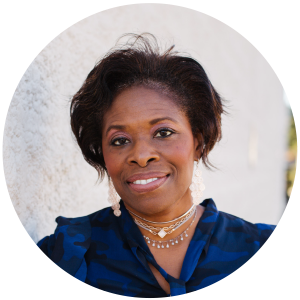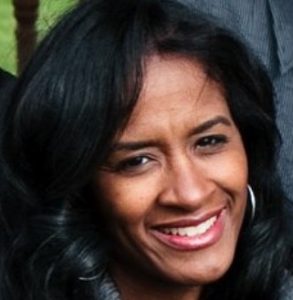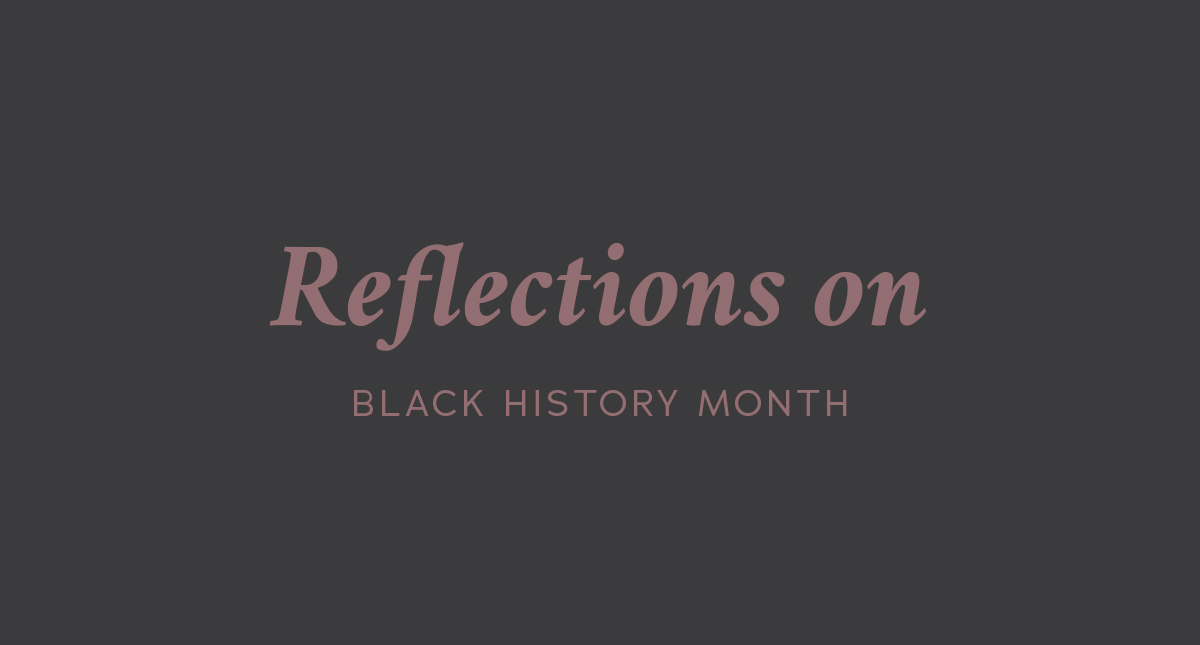Contact Us
Black History Month is annual month long event in February that has been in place since 1976. The focus is to set aside time to observe significant accomplishments of African Americans in the USA. Here are a few collective voices of black mothers answering what Black History Month means to them as a mother and a woman of color? Their responses provide a varied viewpoint, but tell a collective depth into these hearts of this sampling women of color.
Nichole Bethel- mother of 4 children

As a child, Black History Month represented a sense of pride when it came into existence. When I was 10 years old, I remember thinking that FINALLY black people will take their rightful place in history. As a young college educated woman, there were no limits to what I could achieve and I was incredibly humbled and grateful for the advances people of color toiled to make a better country for me. My family taught me I was equal, so it never occurred to me to think otherwise. Actually, I was always saddened by those who felt strongly opposed to my viewpoint. However, once I became a mother, a different kind of unfamiliar emotion grew within me: sadness. As my husband and I provided for our growing family and locating an excellent school district to live in, it became apparent that many of my fellow white neighbors placed a social stigma on my family. The month of February became a thorn in my side as our school district had no real thoughtful programming in place, nor lessons of the African American plight. More discouragingly, the American history books started identifying a small section of the textbooks teaching about “migrant workers” in the South picking cotton as a choice. It’s been both my husband and my job to teach African American history and despite our efforts, we believe our children have underperformed to their white peers due to a subliminal message they internalized. My prayer is my children will take hold of that for which Christ Jesus has in store for them. Black History Month is important and I am hopeful one day it will matter to everyone.
Volanda McCord- mother of 2 children
Black History Month represents another example of how black people are marginalized in this society. Instead of integrating our contributions into the teachings of American history, we break it out as if we are “the other;” not quite full-fledged Americans who must prove our patriotism. It feels patronizing, as if we have not earned our place in American history. As if our ancestors didn’t give their blood, sweat, tears, lives and free labor to make this country great! It’s a month only black people get educated on black history and it appears no one else cares.
 Dione Mitchell- mother of 6 children
Dione Mitchell- mother of 6 children
Honestly, I have a love hate relationship with Black History Month. After hearing from peers of other races with long genealogies tracing back to Dukes or Princes, etc., my sons have asked me why they don’t know as much about their family. Though we have rich family bonds and well-researched family trees, they all stop at slavery. I don’t like to think of my history starting there. I have tried to teach myself and my children otherwise, but I have never felt fully equipped to do so, though I can talk about European history in great detail. It almost feels cheap to get a month where I can now focus on all the good things about being black. So, though I do participate in programs, I don’t always like it and I try to teach my sons that we serve on any day, not just Martin Luther King Day. We are proud to be black all year round, not just in February.
 Carrie Robinson- mother of 3 children
Carrie Robinson- mother of 3 children
Unfortunately, Black History Month was never really acknowledged or mentioned in my house growing up. Some family members were embarrassed to acknowledge that they were African- American. Their comments told a shameful outcome of slavery where slave owners violated women slaves. This raw truth is evident in the light color of my family’s skin color and the silent stigma associated with it. We have family members who are proud that they “pass” as not people of color, some others didn’t struggle with being black but didn’t feel strongly enough to emphasize Black History Month, and still others are more radical. Thus, there was no real position for me to take. Today, what is probably even more unfortunate is I have carried this over in my parenting. My children are resistant to joining “African-American” groups in their predominantly white school, feeling it is reverse racism to belong to a group that only allows African Americans.
Deborah Starks- mother of 1 child
Black History Month has always been a time of education, hope and inspiration. Growing up in the ‘70s and ‘80s, I remember participating in school assemblies and attending special civic programs. Back then, our history was full of new “firsts.” Today, I still enjoy learning facts and just discovered this week that Mary McCloud Bethune was the first African-American to graduate from Moody Bible Institute in Chicago, before she founded Bethune-Cookman University in South Carolina. During Black History Month, my son and I attend assemblies at school, church and civic programs. While Black History Month is great opportunity for other communities to honor and recognize African Americans, as a member of this rich people, Black history is a year-long adventure full of pride, discovery and respect.
